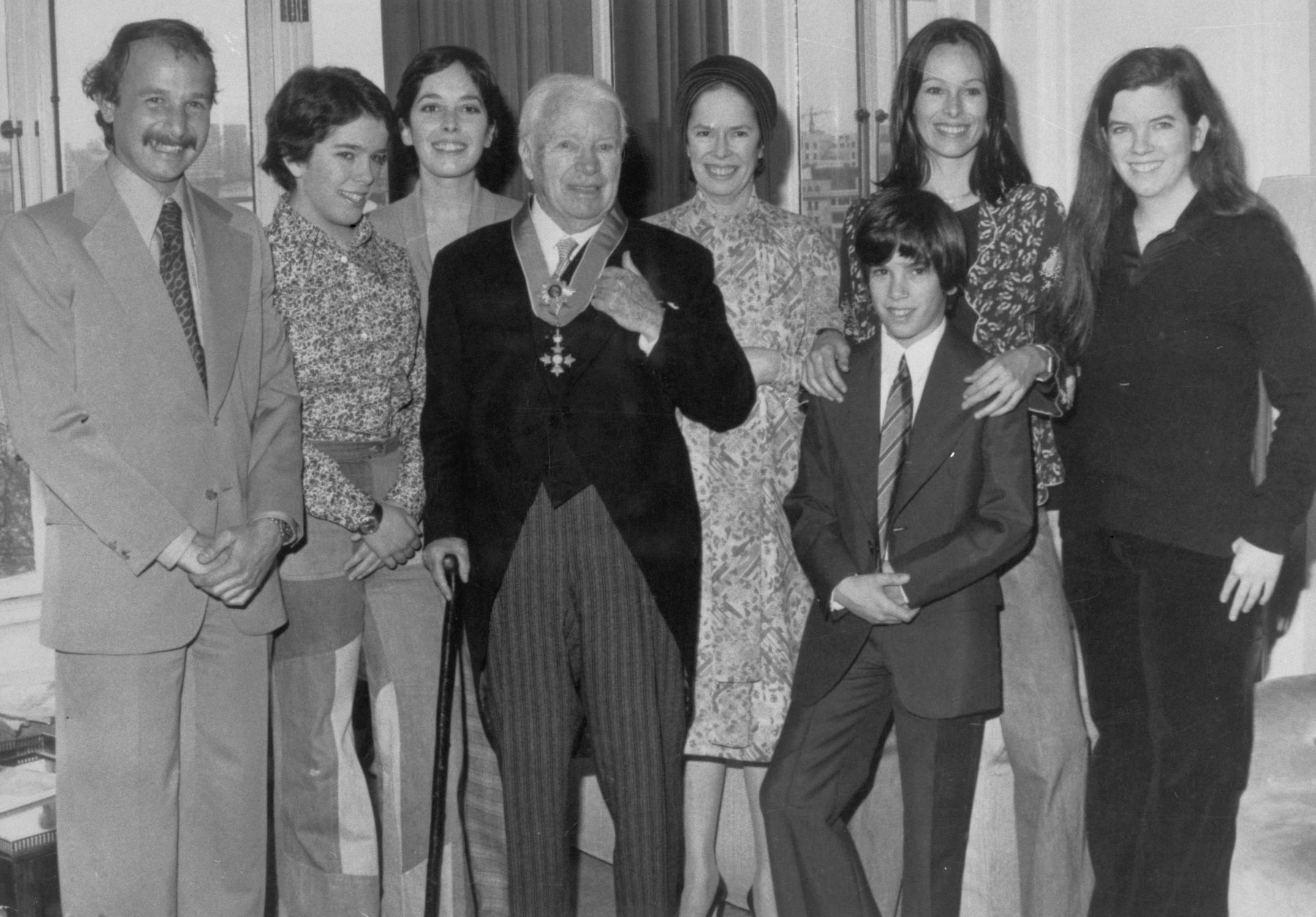
Charlie Chaplin Was Knighted and Won an Oscar Despite Being Kicked out of the U.S.
Plenty of directors have impacted popular culture, and Charlie Chaplin is one of the most influential ones. He has worked on dozens of movies and made audiences laugh with his silent films.
However, projects like Modern Times often held some form of political commentary. This kind of commentary likely led to many accusations against him in the latter half of his career. As a result, he got kicked out of the country. Still, despite this, Chaplin went on to receive a knighthood and an Academy Award.
Charlie Chaplin made his mark in the film industry

Charlie Chaplin was born in London, England, but he became famous in the United States for the movies he made. The Charlie Chaplin website details how he began a career on stage when he was a child. He gained popularity as a skilled tap dancer and would move to the U.S. as a vaudeville comedian.
While working in vaudeville, American audiences loved Chaplin’s performances. After a couple of years, he started a successful career in motion pictures. He became famous for his slapstick comedy and wrote, directed, and acted in many movies.
A couple of Chaplin’s notable works include The Fireman and The Pawnshop. His first full-length film as a director was The Kid, and it became critically acclaimed. While Chaplin’s name became well-known globally, his popularity would not last.
Chaplin first faced some controversy with the satirical movie The Great Dictator. It was successful overall, but many people did not like the ending. Dissatisfaction with his work would grow while he made his final films in Europe.
Chaplin received many honors while in exile from the U.S.
The reason Charlie Chaplin began making movies in Europe was that the United States denied him re-entry. According to the Daily Beast, the main reason was the accusation of him having communist sympathies. The 1950s saw the rise of communist paranoia and McCarthyism. There were witch hunts, and Hollywood developed a blacklist of directors, producers, writers, and actors.
People in the film industry lost their ability to gain employment if their names were on the blacklist. Chaplin avoided the brunt of the consequences, but he avoided coming back for decades as a form of exile. However, he would return once to accept an award.
In 1972, Chaplin set foot in the country one last time to get an honorary Oscar. Many people applauded him upon his arrival, and the star felt like “the object of a complete renaissance.” When he went back to Europe, he obtained another honor.
WatchMojo reports that the late Queen Elizabeth knighted Chaplin in 1975. He enjoyed his knighthood for about two years before his death in 1977. The iconic actor and director left behind a significant legacy.
Charlie Chaplin’s legacy years later
Charlie Chaplin left behind a huge impact, with his Tramp persona remaining a huge part of cultural history. People also knew him for his music, and other artists integrated portions of his film scores into their songs. While Chaplin cemented himself as an icon, his legacy also includes a few controversies.
One of Chaplin’s scandals involves his marriages to much younger women. Three of his former wives were underage at the time of the weddings. Since he was much older, this turned a lot of heads. Beyond news headlines, a few people also revealed Chaplin’s true character.
For example, Marlon Brando starred in Chaplin’s A Countess From Hong Kong. He commented on how Chaplin was while filming. The famed director’s behavior allegedly was unfavorable to the cast and crew.
Brando remarked how Chaplin was a “fearsomely cruel man” to those who did not work fast enough. Despite the latter’s reported attitude, many people respected him. They still go back to watch his movies decades later.


